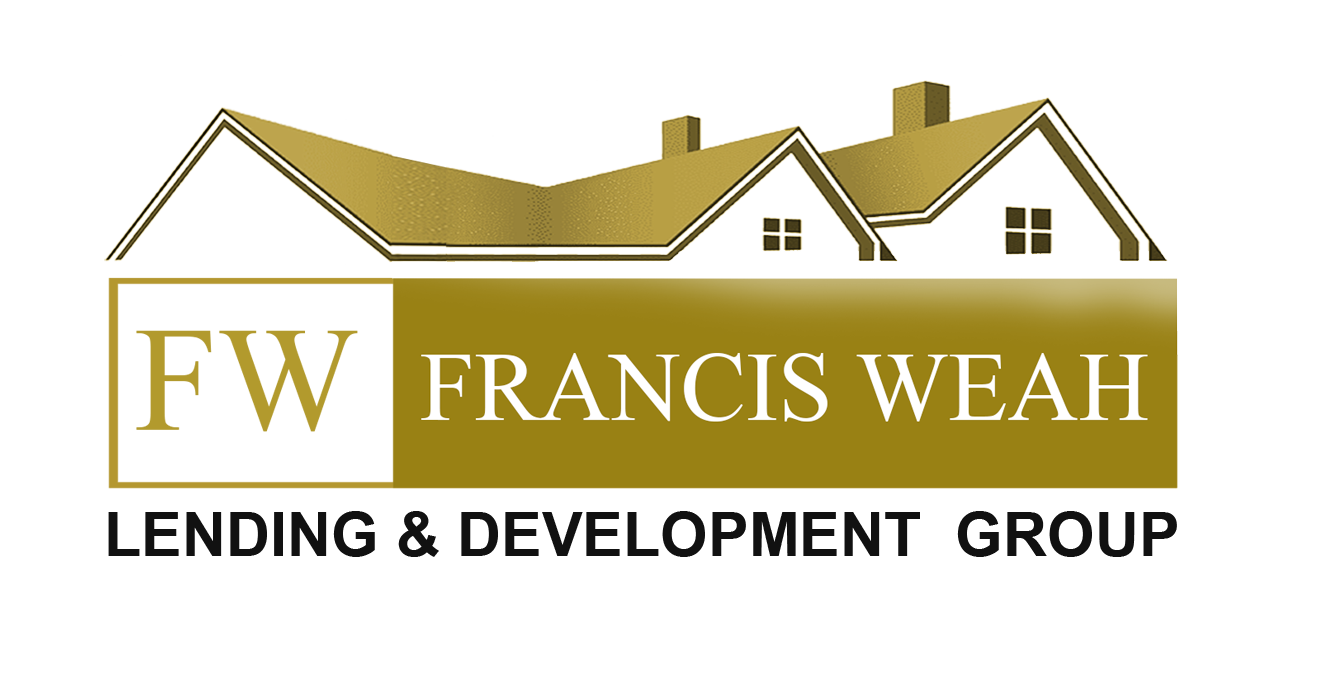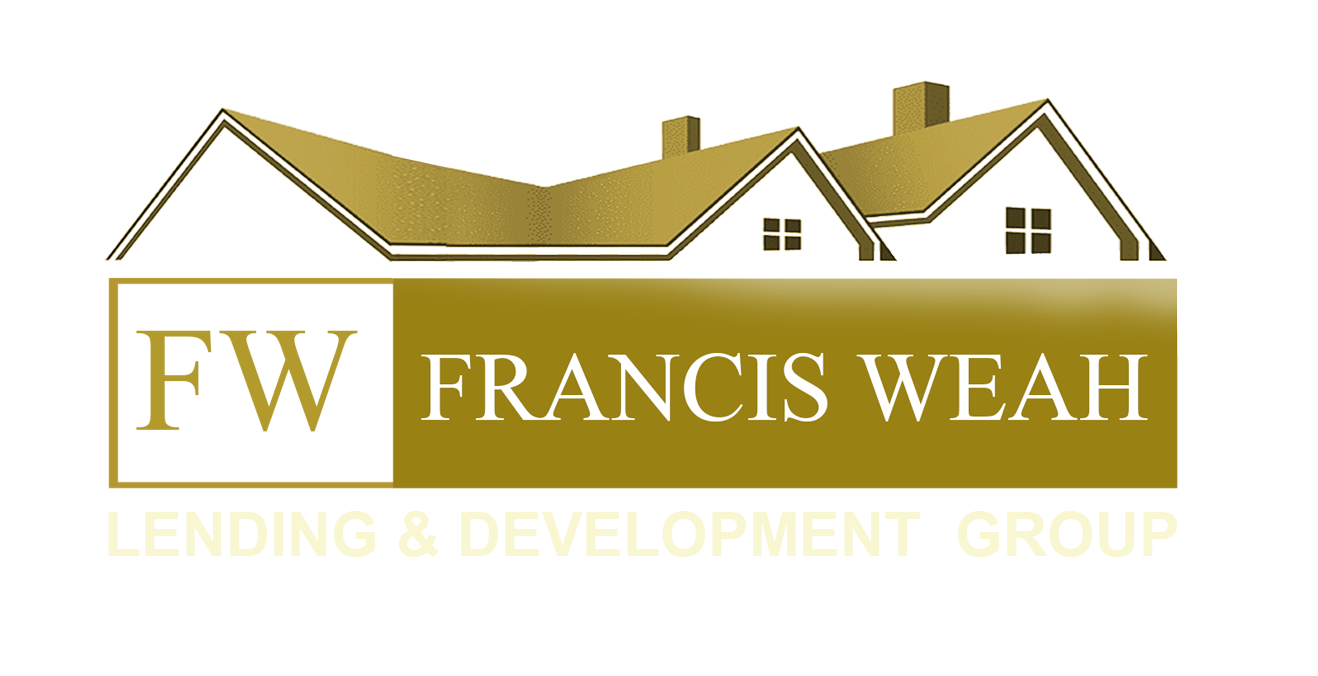High Balance Conforming: The Housing and Economic Recovery Act of 2008 (ARRA) changed Fannie Mae’s charter to expand the definition of the “conforming” loan. Effective with the November 2008 release of the conforming loan limits, two sets of limits are provided for first mortgages: 1) general conforming loan limits, and 2) high-cost area conforming loan limits. To implement the expansion to serve high-cost areas, Fannie Mae offers the high-balance loan feature, which is broadly applied across their standard conforming business. Pursuant to the American Recovery and Reinvestment Act, loans originated in 2009 may be delivered to Fannie Mae using the higher of 10 the permanent high-cost area loan limits, or 2) the temporary high-cost area loan limits in place for loans originated in 2008.
USDA Rural Development: This program is administered by USDA Rural Development, which serves the public through more than 800 field offices nationwide. Sometimes good credit and steady income are not enough to qualify for a home loan at a commercial lending institution, such as a bank or savings and loan. More rural families and individuals may be eligible to become homeowners with the help of a USDA guaranteed home loan. When the federal government agrees to guarantee a loan, lending institutions can help buyers while incurring less risk. Through USDA’s Guaranteed Rural Housing Loan Program, low and moderate-income people can qualify for mortgages even without a down-payment.

